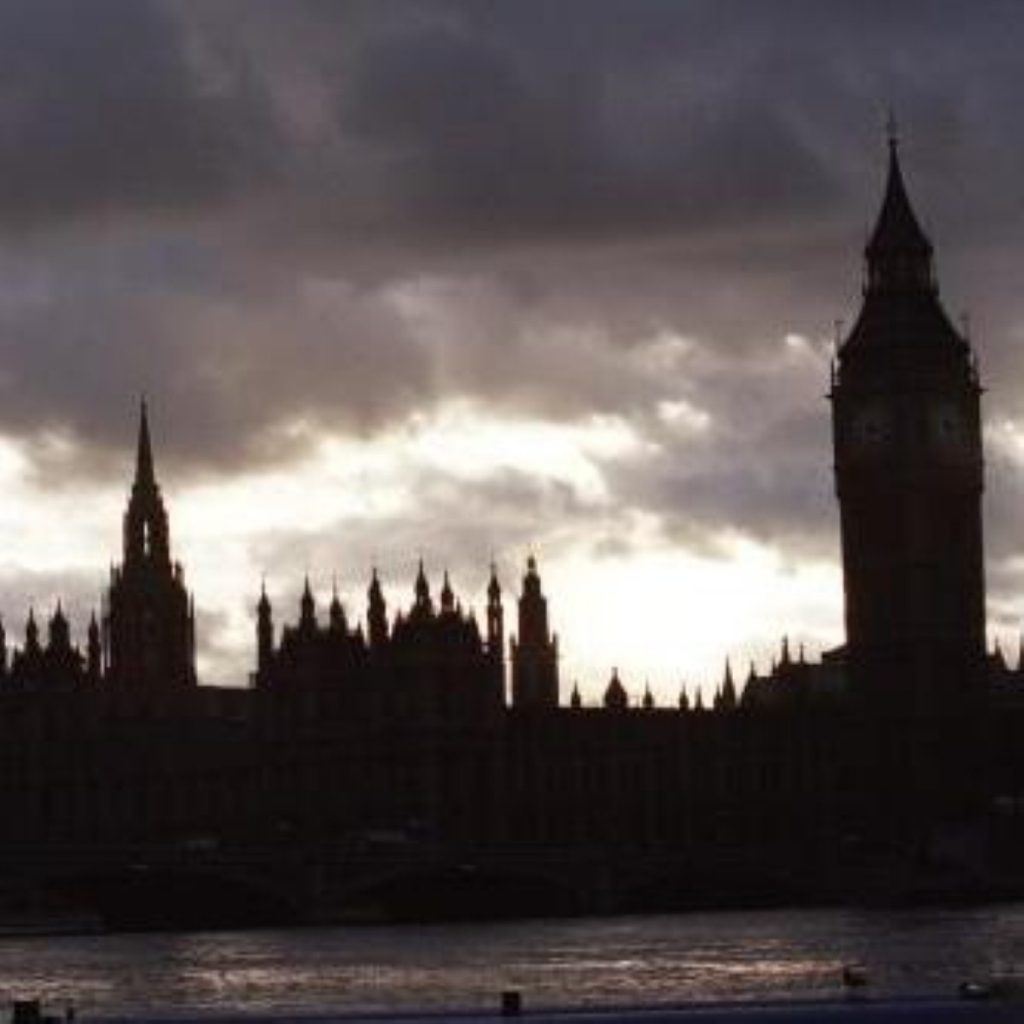MPs back control orders
The Government’s controversial plan to introduce control orders for terrorist suspects passed its first stage in the Commons last night.
However, Labour’s majority was significantly cut and there could be a larger rebellion on Monday if concessions are not made.
A cross-part amendment against the plans was rejected 309 to 233, cutting Labour’s majority in half to 76.
Some 32 Labour rebels joined the Conservatives and Liberal Democrats in voting against the Government. Others abstained.


If passed the bill would allow the Home Secretary to impose ‘control orders’ on terrorist suspects, including curfews, tagging, ban on internet use and ultimately home detention.
Civil liberties groups have been outraged at the plans as the individuals would not have to be charged or put on trial. During the debate MPs from all sides of the House spoke passionately against the plans, with Home Secretary Charles Clarke facing repeated accusations of showing contempt for civil liberties and undermining human rights.
One possible area for compromise is the level of judicial supervision over the orders. Under the current plans, the Home Secretary would make an order, which would then be reviewed by a judge.
But, the Liberal Democrats and a number of Labour backbenchers have suggested that they could support the measures if a judge, rather than a politician, granted the original order.
Speaking in the House of Commons last night, Mr Clarke said that he would look at the issue ahead of next Monday’s debate.
But, Mr Clarke refused to back down on the principal of control orders – and raised the prospect of a terrorist attack on Britain in the lead up to the general election.
He told the House: “Terrorists are moving very rapidly in these areas and it may be necessary to move very rapidly to deal with them. I cite only the most recent example in Europe. The Madrid atrocity took place in the Spanish general election campaign.
“Maybe such things can always be possibilities here too. In those circumstances, it’s necessary to be able to take what steps are necessary to stop that happening.”
Both the Home Secretary and the Prime Minister insist that the powers will only be used in the most extreme of circumstances.
The Government hopes that the bill will clear the Commons on Monday. Then it would go to the Lords where significant opposition is expected.

